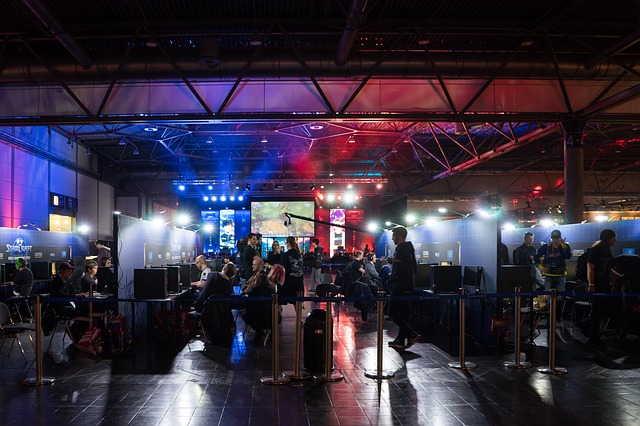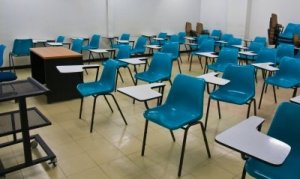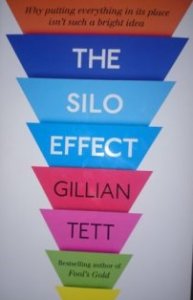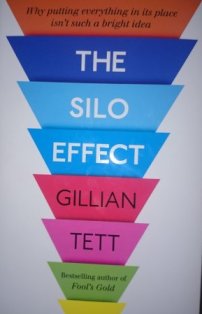
It was with some interest that I read the DfEs consultation in relation to making some of their digital standards compulsory by 2030. I think the digital standards are a positive step forward, providing guidance to schools to help in developing processes and procedures around technology use in schools, plus helping to guide technology decision making, however equally they aren’t without some limitation.
You can see and respond to the consultation here.
It was on a Teams call that I first heard of the consultation which looks at making six of the digital standards compulsory. So, my first act was to try and guess which standards would be involved, with me going for Leadership and Governance, Cyber, Filtering and Monitoring and Broadband. These felt like the right ones as technology can be expensive, even if not in terms of hardware and software, it is still expensive in training and staff development, especially where wrong technology decisions are made. As such it seems only logical that leadership and governance would be covered. You need to have a direction, a strategy, before you look to make any other decisions. Next was cyber security and filtering and monitoring as they are both areas widely discussed in relation to education, and like leadership and monitoring, these three are very much about leadership, processes, procedures, policies and risk management, all of which can be explored and examined with minimum cost. My next selection was broadband, as this is something which schools can easily assess and act on as soon as any existing contract is up.
At that point I was a little stuck for the remaining two standards, which as I found out, would be Wi-Fi and Switching. Now I totally get why these would be selected as these are the basics infrastructure comments of technology use. We can have plans for fancy AI software or plans related to the most advanced end point devices, but without reliable and robust infrastructure, the network switching and Wi-Fi provision, they are of little use. The challenge her however is one of cost both in terms of the equipment but also the resources to setup and maintain this post install. Now some money has been promised to support schools in this area, so I see this as a positive step, however I don’t think there is truly an appreciation of the state of IT infrastructure in schools across England so therefore any funding allocation could only really be a guess. Whether that guess stands up to be enough is yet to be seen, although it is important to note that any investment will move things forwards, so it is way better than nothing.
There is another challenge or concern I have, and it relates to funding. I have seen in the past where funding gets allocated to support technology in schools however technology investment is not a “one and done”. Once you invest and once teachers and students start using technology in lessons and around school, you will need to continue to invest just to maintain the status quo, never mind to advance. This is due to the fact that Wi-Fi access points and switches will need replaced when they go end of life, as will end point devices and the other components which go together to make up the IT in a school. Using end of life equipment may introduce cyber security risks or reliability risks which in turn could impact on technology use in lessons and on students. It is funny that the DfE standards do refer to refresh cycles, so I wonder if said refresh cycles will factor in future funding plans.
Another challenge I see in the standards is the fact that they are trying to guide schools where schools exist in very different contexts. We have large Multi-Academy Trusts (MATs) with strong centralised IT functions, small individual primary schools or large secondary schools with more limited IT resources, and everything in-between and more. It is therefore difficult for the standards to be uniformly applied to all which would need to be the case if they are to be compulsory, rather than allowing for them to be contextualised and interpreted where they are simply guidance. There is also the question of why actually will be checking that schools have complied; I don’t think OFSTED would be able to check this so who would?
Conclusion
I think some schools will have difficulty meeting the digital standards, especially if there is an absence in funding. That said sometimes what matters is what is measured, and maybe by requiring schools to adhere to the digital standards this will propel Technology up schools’ list of priorities.
I very much look forward to seeing the results of this consultation although I suspect funding will be the key, particularly around the Wi-Fi and switching standards. If so maybe the easy solution is simply to apply four standards initially and maybe this could even be done before 2030?


 Yesterday I had a meeting with a representative from the British esports Association in relation to esports competitions within schools. As with a lot of technology views are rather polarized, and none more polarized than the views on esports. Either esports is a window into the future and future big business or it is addictive computer gaming and bad for users ability to focus and communicate.
Yesterday I had a meeting with a representative from the British esports Association in relation to esports competitions within schools. As with a lot of technology views are rather polarized, and none more polarized than the views on esports. Either esports is a window into the future and future big business or it is addictive computer gaming and bad for users ability to focus and communicate. Having read various articles following the recent A-Level and GCSE results I cant help but think that schools and more importantly education in general needs to make a decision as to what we are seeking to achieve, and stop acting re-actively to limited data which has been used to draw generalized conclusions.
Having read various articles following the recent A-Level and GCSE results I cant help but think that schools and more importantly education in general needs to make a decision as to what we are seeking to achieve, and stop acting re-actively to limited data which has been used to draw generalized conclusions.








